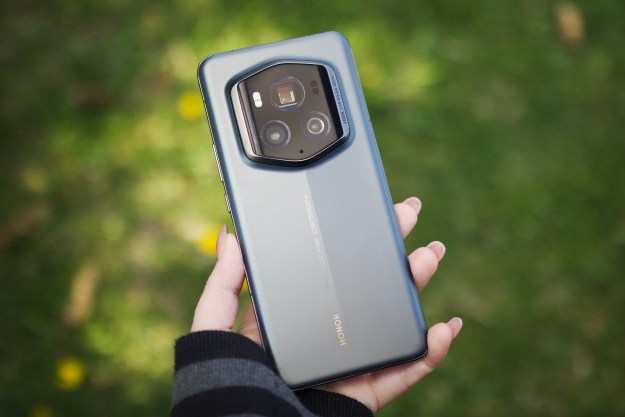
Mobile operator Sprint has announced it will start phasing out the Nextel portion of its mobile network beginning in 2013, finally marking and end to the iDEN technology it’s been forced to run in parallel to its existing CDMA network since acquiring Nextel back in 2005. The Nextel network was enormously popular amongst businesses, field workers, and first responders for its fast-responding push-to-talk capability built on Motorola iDEN technology; however, Nextel service has seen consistent subscriber losses since Sprint acquired the company and business users converted over to other mobile services. Nonetheless, the Nextel network still accounts for about a fifth of Sprint’s subscriber base, and serves as the backbone of Boost Mobile.
The announcement came as part of its “Network Vision” modernization announcement, in which Sprint revealed it has awarded contracts to Ericsson, Samsung, and Alcatel-Lucent to modernize its network, lower costs, and enhance services. The contracts will cost Sprint from $4 to $5 billion, but Sprint estimates the plans will save Sprint from $10 to 11 billion over seven years. The deals will see the installation of Sprint base stations that unify services across 800 Mhz, 1.9Ghz, and (through Sprint’s relationship with Clearwire) 2.5 GHz bands over the next three to five years.
“Improving the customer experience—business and consumer—is the motivating force behind these network improvements,” said Sprint CEO Dan Hesse, in a statement. “We are very pleased with the results of our process which selected these three world-class partners.”
Sprint is currently the number three wireless network operator in the United States, based on number of subscribers, and been consistently hemorrhaging money and subscribers since 2007. Eliminating Nextel service—which is incompatible with Sprint’s CDMA network—will help the company cut down on operating costs.
Editors' Recommendations
- The iPhone is getting out of control
- Samsung Galaxy S23 Ultra vs. iPhone 14 Pro Max: Apple better watch out
- It’s late 2022, and Verizon and AT&T still can’t beat T-Mobile’s 5G network
- U.K. may be planning to phase out Huawei from its 5G networks by 2023


